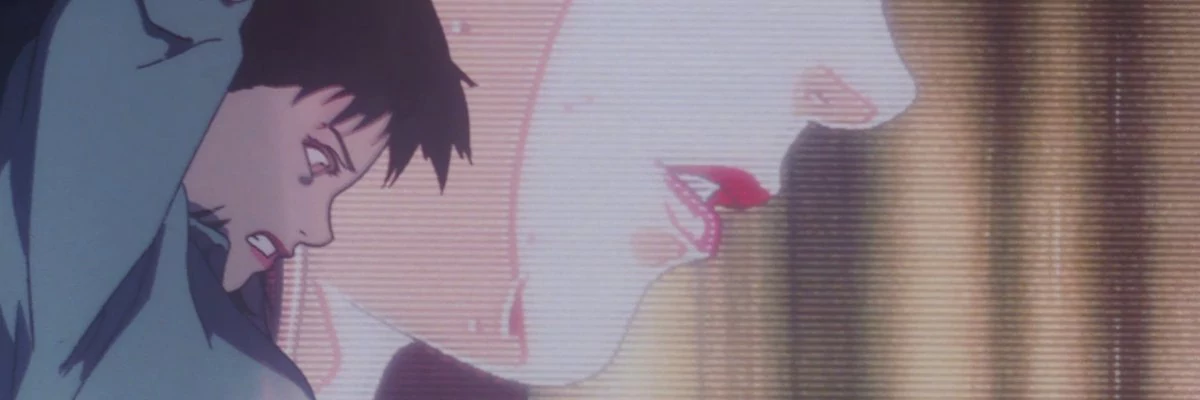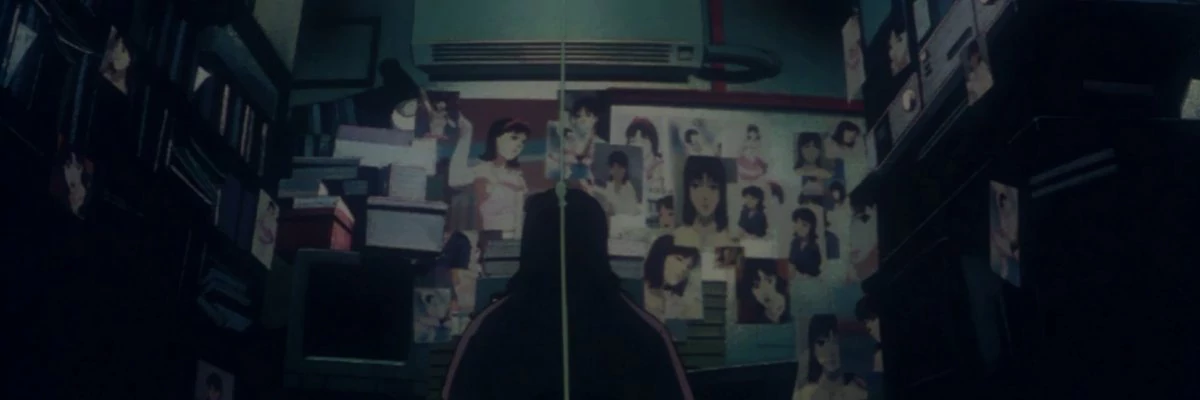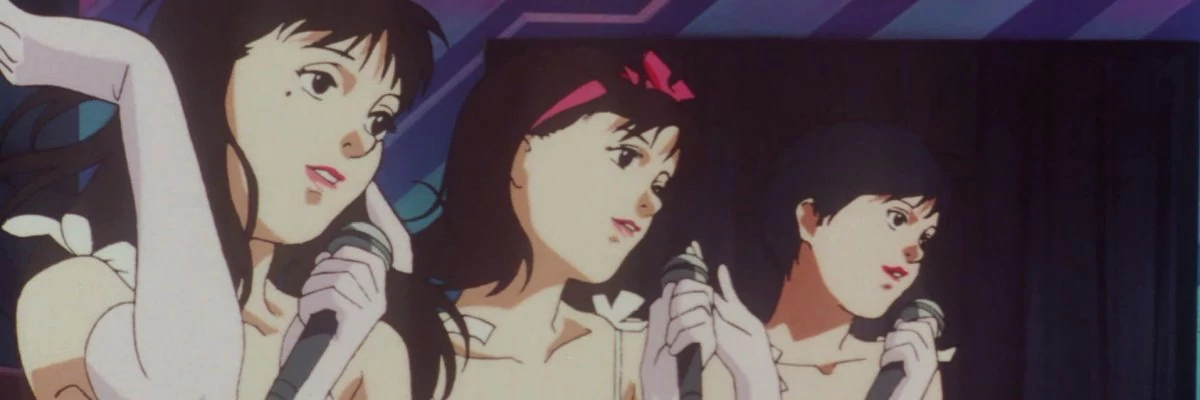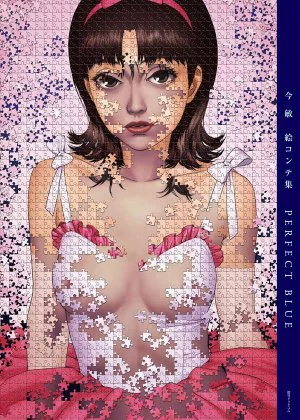Perfect Blue
RIP Satoshi Kon. I realize I'm a bit late (tomorrow it will be exactly two years since the man died from pancreatic cancer), but since then I haven't really found a chance to pay proper tribute to one of the most notable anime directors in recent history. And what better way to commemorate his awesome talent than to review his very first feature-length film, Perfect Blue. A film that still stands proud even by today's standards.

Perfect Blue is a landmark film, it's as simple as that. It's a film that showed the world that animation is not limited to certain genres or topics. While many people openly wondered "why do this as an animated film?", Perfect Blue returned that question with a simple "Why not?". Why would animation be bound to visualizing the unfilmable when it is just a layer of abstraction that could just as well work with any type of subject?
True enough, a film like Grave of the Fireflies precedes Perfect Blue, but as part of the Ghibli oeuvre that film enjoyed certain special fan privileges. Perfect Blue is a straight-up psychological thriller, without any supernatural or fantastical elements or any other specific oddities where animation could or would be preferred. A type of film that nobody would have considered developing as an animated film, but Kon didn't mind what others were saying. He went ahead and showed the world that there were no limits to what you could do with the medium.
Perfect Blue is an adaptation of the same-titled novel written by Yoshikazu Takeuchi. The novel includes some strong social commentary, which Kon made sure transferred to the film without losing any of its power. The story tells about Mima, a young pop idol who is pushed to make the jump to acting. Even though Mima prefers to sing, there is more money to be made in the acting business. It doesn't take long before she is pressured into doing some tacky scenes and pink photography in order to shake off her pop idol image. A sad reality that is all too real for many young girls wanting to make it in the entertainment business.

While Mima tries to cope with all the changes in her life, one of her long-time fans simply cannot deal with the fact that Mima fled the pop idol scene. He starts to stalk Mima and puts up a website where he creates an alternate life for Mima that still features her as a pop idol. Little by little reality starts to mix with the stalker's utopia and the plot of the TV series Mima is featured on, to the point where she finds herself in a constant daze, unable to separate reality from fiction.
The art style of Perfect Blue is starting to show its age. The animation is far from fluid and the colors can appear a bit muted and stale. The animation style is pretty detailed though, with the characters moving around in a very realistic way. The camera work tries to mimic that of live action films, which results in some surprising shots throughout, but it's the editing that really sets this film apart. Kon's use of scene transitions is superb, effectively mixing reality and fantasy in such ways that keeps the audience guessing.
The soundtrack is another strong point of the film. Maybe not as outspoken as Kon's other films (then again, it's virtually impossible to top Millennium Actress' soundtrack), but it has a very strong presence that strengthens the atmosphere of the key scenes. It's also well integrated with the editing, creating a tight nit audiovisual experience. Even the J-Pop songs are actually quite catchy. As for the voice acting, make sure you watch the film with the Japanese voice track. The English voice track is bland and lacks emotion, whereas the Japanese track really bares Mima's emotional state.

The final half hour of Perfect Blue approximates the perfect mind-bender. Fantasy and reality mix in ingenious ways, blending and retaking different scenes with slightly altered dialogues that shed a whole new light on what preceded. Typically, all you need to do is wait for the final twist of course, but Perfect Blue is truly engaging, even halfway through. But the real magic lies in the fact that even after multiple viewings the strength of these scenes remains intact. Many similar films suffer on second and third viewings because the big twist was already revealed the first time around, Perfect Blue sidesteps this trap by making sure that the actual execution of the twists is intriguing enough.
Even though Perfect Blue is a book adaptation, the success of the film can be fully attributed to Kon's awesome direction. If you're not convinced it suffices to watch Sato's live action adaptation (Yume Nara Samete), based on the same novel but lacking the tight and edgy translation of the original story. Perfect Blue is still one of the better anime films out there, a film that combines strong social commentary with a terrific sense of paranoia, leading you on with each successive twist but scoring purely on execution rather than surprise effect.
Here's to hoping we'll ever see Kon's final film (Dream Machine) completed.
